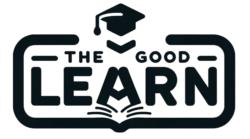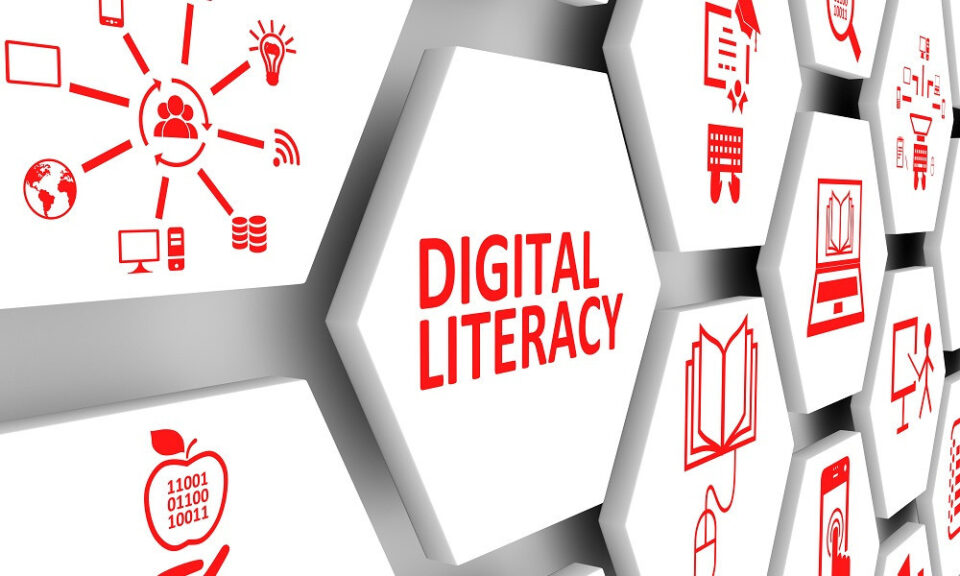In today’s increasingly digital world, having basic computer skills is no longer enough. With technology advancing at a rapid pace, it is essential to go beyond the basics and master digital literacy. Digital literacy refers to the ability to use, understand, and evaluate digital technology effectively. It encompasses a range of skills, from using software and hardware to critically evaluating online information and practicing good cybersecurity habits.
The Importance of Digital Literacy
As technology continues to shape various aspects of our lives, digital literacy has become a vital skill for individuals of all ages and professions. Here are a few reasons why mastering digital literacy goes beyond basic computer skills:
- Enhanced employability: In today’s job market, digital literacy is a must-have skill. Employers are increasingly looking for candidates who can navigate digital tools and platforms, communicate effectively online, and adapt to new technologies.
- Improved productivity: Being digitally literate allows individuals to leverage technology to streamline tasks, manage information, and collaborate efficiently. This can significantly improve productivity both in professional and personal settings.
- Better communication and collaboration: Digital literacy skills enable effective communication through various digital channels, including email, instant messaging, and video conferencing. It also facilitates collaboration on projects, whether locally or with remote teams.
- Access to a world of information: The internet provides a vast amount of information, but digital literacy ensures that individuals can effectively search, evaluate, and use the information they find. It helps in distinguishing reliable sources from misinformation.
- Protection against cyber threats: With the increase in cyber threats, digital literacy is crucial for protecting personal and sensitive information. It teaches individuals about safe browsing, strong passwords, recognizing phishing attempts, and practicing good online habits.
Developing Digital Literacy Skills

Mastering digital literacy involves acquiring and honing specific skills. Here are a few areas to focus on:
- Computer basics: Start by ensuring a solid foundation in basic computer skills, including operating systems, file management, and using common software like word processors, spreadsheets, and presentation tools.
- Internet skills: Understand how to navigate the internet effectively, use search engines to find information, bookmark websites, and evaluate the credibility of online sources.
- Communication skills: Learn how to communicate effectively through email, instant messaging, and video conferencing tools. Practice proper netiquette and develop professional online communication skills.
- Data management: Gain knowledge of organizing and managing digital files, including creating folders, labeling files appropriately, and using cloud storage solutions for backup and synchronization.
- Critical thinking and evaluation: Develop the ability to critically evaluate online information, fact-check sources, and distinguish between reliable and biased information.
- Cybersecurity awareness: Stay updated on the latest cybersecurity threats and best practices. Learn about secure browsing, protecting personal information, recognizing phishing attempts, and using strong, unique passwords.
Remember that digital literacy is an ongoing process, and staying up to date with the latest technologies and trends is essential. There are various online courses, tutorials, and resources available that can help you develop and enhance your digital literacy skills.
By going beyond basic computer skills and mastering digital literacy, you can unlock numerous opportunities, improve your efficiency, and navigate the digital world with confidence. Invest time and effort in developing these skills, and you will reap the benefits in both your personal and professional life.

